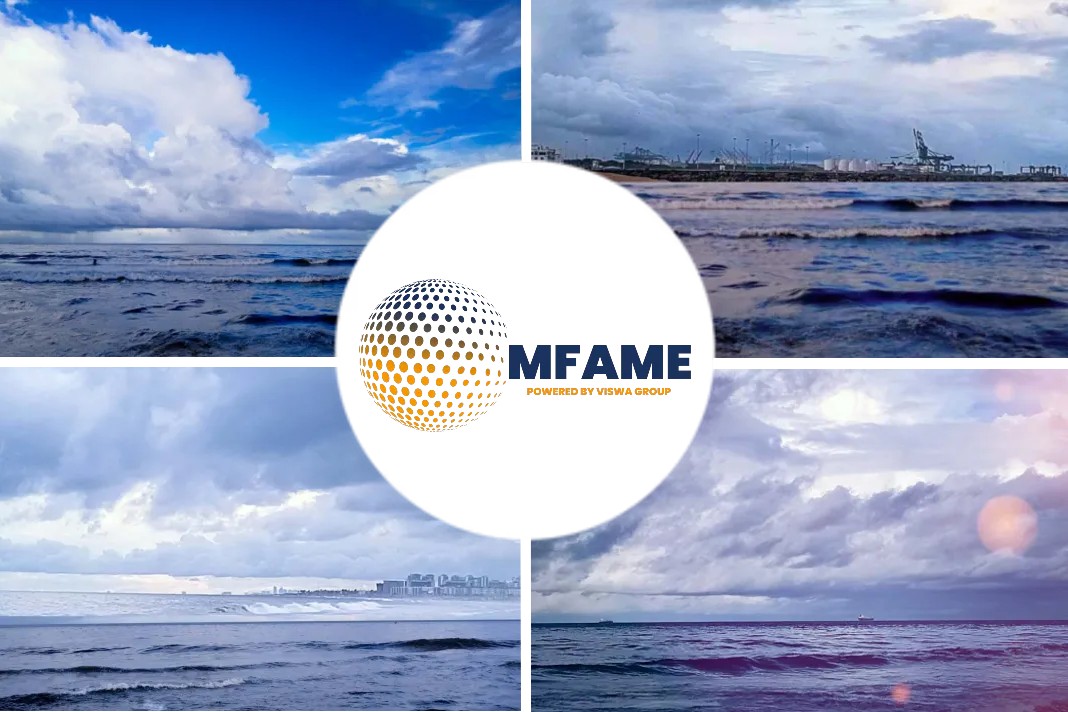
The LNG Japan Korea Marker (JKM) Future contracts, which had been trading at their lowest levels in two years and remaining in single digits for almost two months, experienced an unforeseen twist as they surged by a significant 17% in just one trading session. This remarkable increase in LNG prices represents the largest single-day price hike ever recorded, surpassing even the notable spike that occurred in August last year, when prices reached as high as $70/MMBtu.
The LNG market had been facing a supply glut in Europe due to high storage levels and increased vessel availability. Warmer temperatures have helped, but the outlook for the upcoming winter season remains uncertain. The focus is now on China and other major Asian buyers, as positive demand growth has stabilized oil prices in the high $70s. However, the outage at Norway’s LNG plant has prolonged the normalization process. LNG Delivered-Ex-Ship rates for July are settling around $13/MMBtu, higher than the second quarter’s $10-11/MMBtu. The recent 16% price spike could be a sign of things to come. While reaching last year’s all-time price highs is unlikely, there is a possibility of a similar trend. Generally, LNG prices in spot and futures markets in June often indicate significantly higher rates for the winter season.
In July 2023, Pakistan plans to increase its involvement in the LNG trade, aiming to recover from a lacklustre year that almost marginalized its position in the global LNG market. The country is generating significant excitement with the state-to-state agreement with Azerbaijan, which offers discounted and more affordable gas rates to Pakistan. It’s hard to comprehend why Azerbaijan would be willing to provide one cargo per month to a financially struggling country like Pakistan at a discounted price. However, it is hoped that more detailed information will be revealed soon, providing a clearer understanding of the situation.
Pakistan LNG Limited, after being ignored by suppliers in recent spot auctions, has returned to the market by submitting two separate bids. The first bid is for six cargoes, three each for October and December, while the second bid is for three cargoes in January and February. The outcome of the bidding process will provide valuable insights into the LNG market’s future during the peak demand season and gauge Pakistan’s reputation as a committed buyer after recent challenges. The tender will close on July 14, and the results will determine Pakistan’s LNG prospects in terms of availability and affordability.
Did you subscribe to our newsletter?
It’s free! Click here to subscribe!
Source: Business Recorder





















